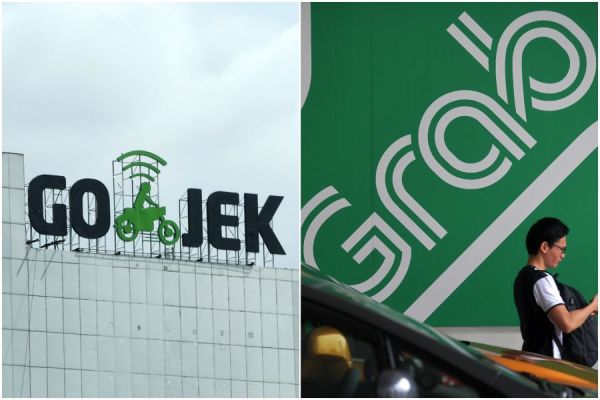IT has been close to a year since reports of merger negotiations between South-east Asia’s decacorns Grab and Gojek first surfaced.
At first glance, the deal made sense. Both firms were haemorrhaging cash in a bid to outdo the other in Indonesia. Investors on both sides appeared to be pushing for a truce.
But the ride ahead was riddled with obstacles due to a lack of compromise, complexity of the deal and market sentiment.
Here is a closer look into some key reasons why the potential union fell apart.
- Valuation
Tension between the two companies as to who was the more dominant player in Indonesia has been a divisive force during merger talks. Observers told BT that neither company wanted to concede to being the smaller party in a merger.
To complicate matters, Gojek had recently doubled down on its regional strategy and would be unlikely to give up its non-Indonesian operations at an unattractive price.
Some market watchers were convinced of Grab’s dominance in a potential acquisition, though others believed Gojek would not easily relinquish control. It would be tough to figure out the appropriate valuations on which to structure the deal, and to what extent this could be a marriage of equals.
Tech mergers of this scale are rare and very difficult to execute, an investment banker told BT last year. One could individually value each business line of each company, then do a “sum of parts” analysis. But this is complex because of Grab and Gojek’s super app strategy, he said.
- Corporate structure
Another sore point in the merger talks was that neither company wanted to relinquish control. Reports said that Grab had been seeking control of the combined entity, including the Indonesian operations, whereas Gojek did not want its operations to be absorbed into Grab.
One structure that surfaced would have seen Grab co-founder Anthony Tan becoming the chief executive officer of the combined entity, while Gojek executives run the new combined business in Indonesia under the Gojek brand.The combination was reportedly aimed at creating an entity fit for a public listing.
“The merger will require one main shareholder to bring the two sides together and that is not on the table at the moment,” Hadi Cahyadi, founder and managing partner of Helios Capital, told BT after the talks bore no fruit.
- Anti- Competition
News of Grab and Gojek’s potential union undoubtedly brought to mind Grab’s merger with Uber’s South-east Asian operations in March 2018. The deal drew attention from several competition watchdogs in the region and resulted in a S$6.42 million fine for Grab from the Competition and Consumer Commission of Singapore (CCCS).
This time, the stakes are higher. Grab has expanded beyond ride-hailing to build a sprawling business in South-east Asia. Gojek has become a major heavyweight in its homebase of Indonesia. Any union between the two might generate a monopoly, analysts noted.
Indonesia’s consumer watchdog expressed disapproval of the proposed merger, while CCCS said it was looking into it. The latter on Jan 13 reiterated that it has the power to take action against anti-competitive deals.
- Public Backlash
News of a possible merger between the decacorns upset many of the over four million Indonesian motorbike operators and riders that serve them in Indonesia. Fear of job losses and uncertainty over their rights pushed thousands to threaten protests against the deal.
Legally, these riders are not employees of Grab or Gojek and do not have access to the same protections that workers normally do. This is despite many riders being dependent on both firms for their livelihoods. The situation further exposed a loophole surrounding gig workers in Indonesia’s digital economy.
- A Sweeter Deal
A New Year surprise? The dynamics shifted after it came to light that Gojek was now in advanced discussions with e-commerce player Tokopedia for a merger worth US$18 billion.
A marriage between the two homegrown unicorns not only looks good for Indonesia’s digital economy – it might provide the sweet spot that Gojek was looking for in the deal with Grab. Still, the path to success is not straightforward.
Source: businesstime.com.sg January 29, 2021

